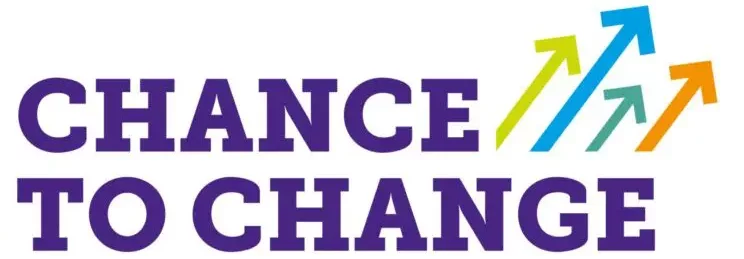Avon and Somerset Police have this month launched a new out of court resolution scheme known as Chance to Change aimed at improving outcomes for people in early adulthood.
Out of court resolutions resolve crime without going to court.
Current options include community resolutions, the Drug Education Programme and conditional cautions.
All of these resolutions require a suspect to admit their offence to be eligible. However, evidence now suggests individuals from communities where trust in the police and the wider criminal justice system (CJS) is low often go no comment in interview, therefore preventing them from accessing the interventions available and are more likely to be prosecuted to court resulting in a criminal conviction.
From 1st June 2024, the new scheme for 18–24 year olds removes the barrier of having to admit guilt, which prevented people from certain backgrounds being given this option.
Evidence shows this approach is also particularly effective at reducing reoffending for young adults.
Assistant Chief Constable Will White, pictured, says: “We’ll be running the new deferred prosecution model, called Chance to Change, in partnership with three organisations who have demonstrated their expertise and knowledge in supporting people to make better choices and improve their prospects.”
“Rise Mutual, Nelson Trust and Step Together Volunteering will provide supportive / rehabilitative pathways for those eligible and will tailor their approach to individuals’ needs, increasing the likelihood of engagement and success.”

“Chance to Change recognises that people in early adulthood are still developing and sometimes make bad choices. Rather than prosecuting people at the start of their lives and them entering a cycle of offending, going in and out of the criminal justice system, the scheme does exactly what it says – it offers people a chance to change, helping more young people to reach their potential.”
“This is better for those individuals, who can avoid a criminal record and go on to lead productive lives. It’s better for victims who often don’t want a young person prosecuted, rather that they learn from their mistakes. It also reduces work in the wider criminal justice system, which saves taxpayer money in the long run.”
The Lammy Review identified issues around lack of trust and confidence in the CJS in certain communities, especially those from Black heritage and racially / ethnically minoritised groups. Offenders from these backgrounds are less likely to admit their offending, because of their distrust in the police stemming from years of intergenerational trauma.
This was set out in detail further in 2022 with the publication of the local Identifying Disproportionality in the Avon and Somerset Criminal Justice System report, authored by Desmond Brown. This report pinpointed the disproportionality in the way that out of court resolutions are more readily offered and taken up by young white people, than those from minoritised groups.
The Chance to Change scheme aims to reduce this disproportionality and improve outcomes, taking the learning from pilots in other areas of the country. In London, there was a 58% reduction in reoffending rates for all 18–22 year olds offered a deferred prosecution, compared to those cautioned or charged at the outset, regardless of their background and circumstances. Importantly, whilst reducing the reoffending rates for everyone taking part, it also removed the disproportionality for non-white people at the point of charging.
How will it work?
The out of court resolutions offered will depend on the age of the suspect, who will be categorised in three groups as children (10 – 17 years old), young adults (18-24 years old) and adults (25 years old and over). The new Chance to Change deferred prosecution scheme will only be an option for young adults arrested on suspicion of certain offences including common assault, criminal damage of less than £5000, and public order offences.
If the individual does not complete the programme or adhere to the conditions, they can be prosecuted for the original offence.







